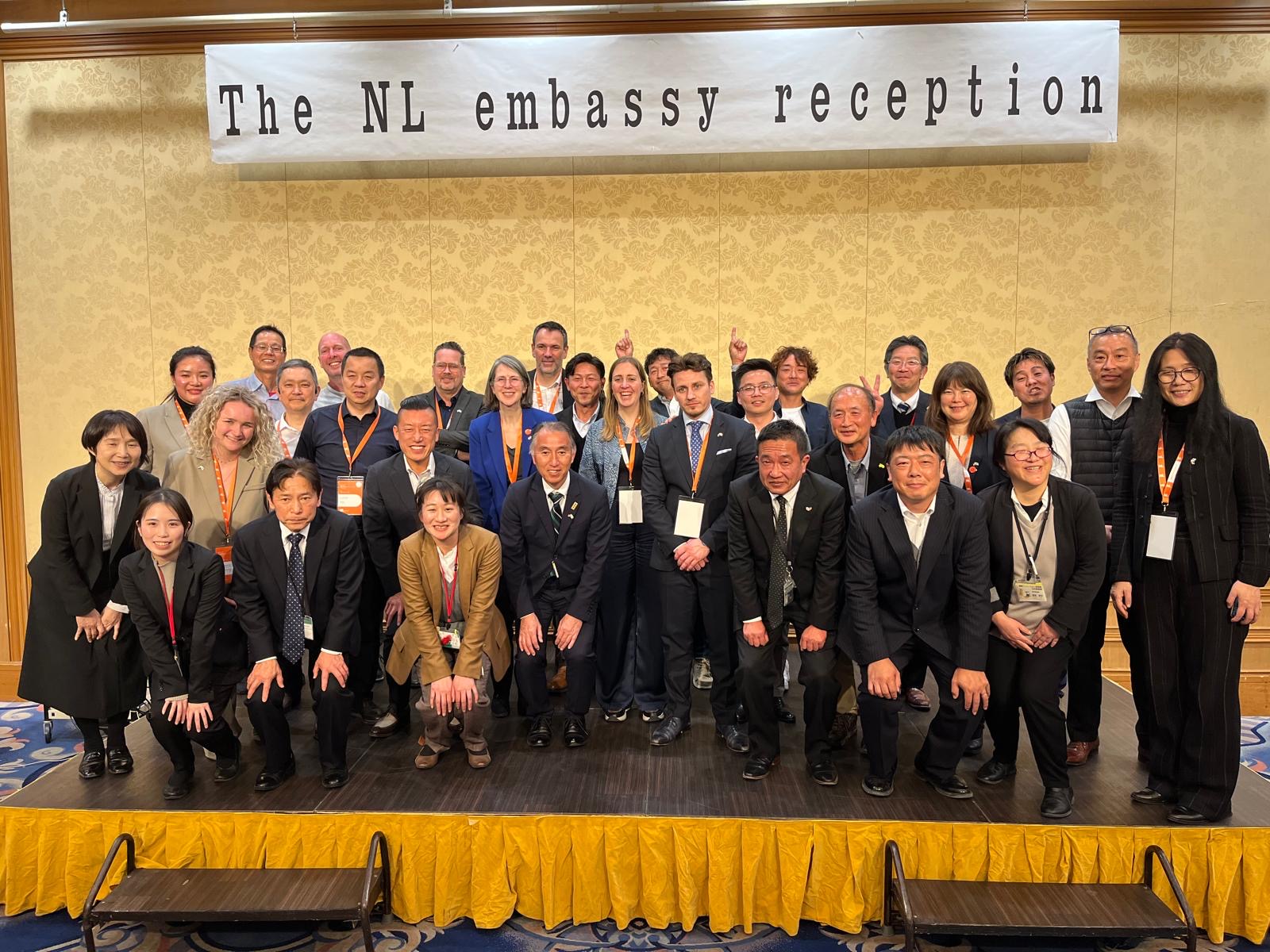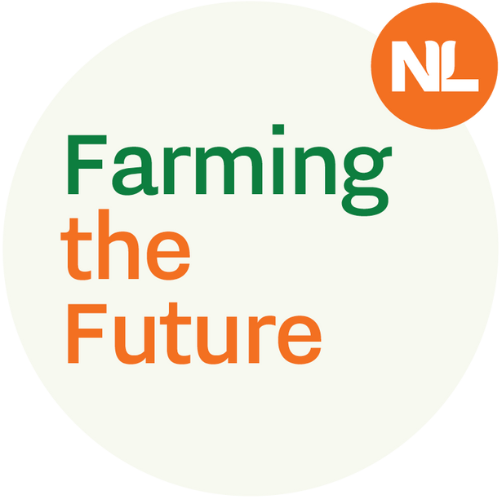Driving Innovation in Horticulture: The Partnership Between the Netherlands and Kochi
In the heart of Japan’s agricultural landscape, the prefecture of Kochi is pioneering a new era of horticulture, blending traditional expertise with cutting-edge technology. With its deep-rooted agricultural culture, Kochi faces the same challenges as many rural regions in Japan: an aging population and a decline in young farmers, as many move to urban areas. Yet, Kochi has demonstrated a growth in agricultural output and a strong commitment to innovation—an ambition that has driven its long-standing collaboration with the Netherlands.
Since the 1980s, Kochi has sought to expand its horticultural knowledge by working closely with Dutch experts. This commitment was solidified in 2009 when the Municipality of Westland and Kochi Prefecture established a Friendship Agreement, strengthening their exchange of expertise. Each year, an average of 30 growers, students, and researchers from Kochi visit the Netherlands to learn about data-driven agriculture, environmental control technology, and sustainable production methods.
Internet of Plants
This exchange of knowledge has laid the foundation for groundbreaking developments in Kochi prefecture’s horticulture sector. One of the most remarkable projects born from this collaboration is the Internet of Plants (IoP) initiative. When the project first began, greenhouses in Kochi measured only basic parameters like temperature. Today, thanks to Dutch insights, growers monitor an extensive range of environmental factors, including humidity, CO2 levels, solar radiation, and more. The collected data is shared among growers across the region, fostering a culture of continuous learning and improvement. The results speak for themselves: since embracing the environmental control technology and data-driven agriculture, Kochi has seen yield increases of 20% for eggplants, 19% for green peppers, 15% for cucumbers, and 21% for Chinese chives.
Fbit Farm Kochi Corp.
This shift toward high-tech horticulture is not just about improving yields—it is about transforming Kochi’s agricultural future. The region is now home to an increasing number of Dutch-style greenhouses, demonstrating a strong commitment to sustainable and efficient production. A prime example of this is Fbit Farm Kochi Corp. in Motoyama town, a state-of-the-art paprika greenhouse that collaborates with Dutch suppliers to produce premium-quality peppers for the Japanese retail market.

Fbit Farm Kochi Corp. is an initiative of the Fbit Group, a major corporate player in telecom, fiber, and biomass. Their 2-hectare facility integrates advanced greenhouse technology with a biomass power plant, generating its own electricity—enough to supply 4,000 households. This sustainable model showcases how high-tech horticulture can create not only economic value but also environmental benefits.

Transforming communities
Kochi stands as an inspiring example of how innovation and knowledge-sharing between Japan and the Netherlands can revitalize a region. By embracing data-driven horticulture and next-generation greenhouses, the region has significantly increased yields, strengthened self-sufficiency in fresh produce, and created a modern, attractive work environment for the next generation of farmers. It’s a testament to how horticulture can transform communities, making agriculture an exciting and viable career path again.
Through continued collaboration with the Netherlands, there is even more potential to unlock. By further integrating Dutch expertise in environmental control technology, sustainable energy, and data-driven agriculture, Kochi—and other regions in Japan—can accelerate their journey towards a smarter, more resilient agricultural future.



